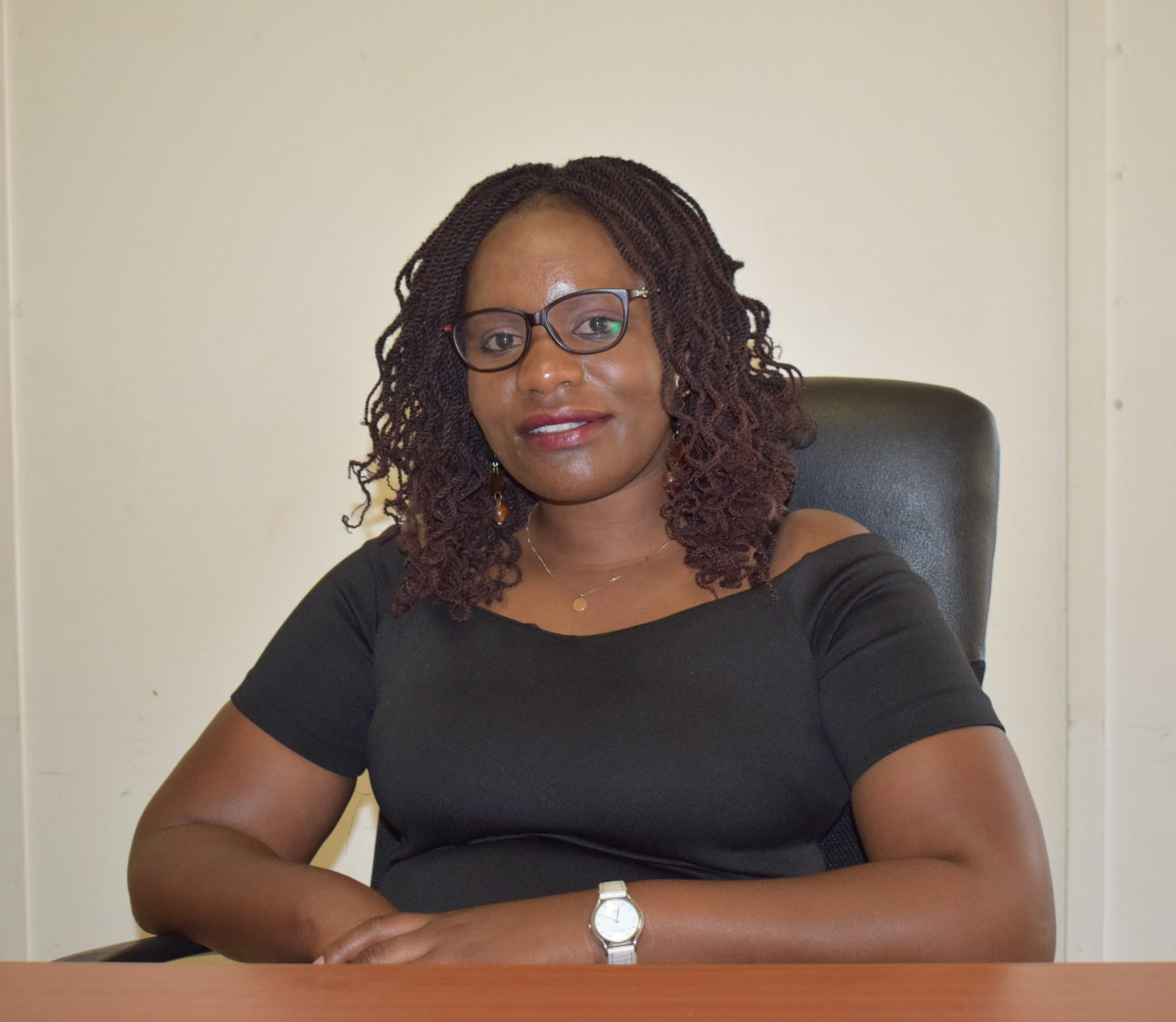“Young people are the future of nuclear security.”
Primerose Ruhukwa, Radiation Scientist at the Radiation Protection Authority of Zimbabwe, speaks about the importance of sharing knowledge within the field and the universal benefits of nuclear security training.
Why is it important to educate young people about nuclear security?
Young people are the future of nuclear security; they’re the future leaders and future armour-bearers who are going to ensure nuclear security globally. Thus it is imperative for them to be included at the grassroots level to ensure they grasp the concepts so they can carry on the vision of ensuring nuclear security.
How does the involvement of women enhance nuclear security?
I love this African proverb: “If you educate a man, you can educate an individual. But if you educate a woman, you can educate a nation.” To me this basically means that women have their ways to spread important news and make other people better understand and appreciate a new concept or principle. As such, women should be involved in nuclear security issues so they can help in educating others about the importance of nuclear security.
What was your WINS Academy elective? Why did you choose it?
My WINS Academy Elective was Nuclear Security for Scientists, Technicians and Engineers. I have a science background, and I am also working in the Technical Department of the regulatory body in Zimbabwe as an Inspections Officer. My main responsibility is ensuring that facilities comply with set nuclear safety and security requirements. The reason I chose that elective course, besides my natural bias to science, is that I wanted to enhance my knowledge in the technical aspects related to nuclear security and find out how I can add value to the nuclear security regime in Zimbabwe by implementing what I would have learnt in the course.
“The programme not only benefits you professionally as an individual, the benefits extend globally.”
What inspired you to become a WINS Academy Ambassador?
Globally many governments, organisations and individuals have taken it upon themselves to improve the nuclear security regime. I just thought to myself, “Why not join them and be part of this great initiative?”
And also, in Zimbabwe the field of nuclear security is still fairly new; more emphasis is being given to nuclear security. I just thought I could impart the little knowledge I have in nuclear security and motivate others to play their part as well.
What advice do you have for enrolled WINS Academy learners who haven’t completed their programme?
I would like to encourage the learners to just push a little harder so they complete the programme. The programme not only benefits you professionally as an individual, the benefits extend globally, ensuring nuclear security, although few people see it in that regard.
From the Radiation Protection Authority of Zimbabwe:
How has your organisation benefitted from Primerose achieving Certified Nuclear Security Professional status?
This is quite an achievement to the organisation. Her role will make sure that more people in the country learn about the certification programme and they will be encouraged to take part. The more Certified Nuclear Security Professionals we have, the more confident we will be that our nuclear security goals will soon be realised.
“Certification means we have more people with expertise to deliver the lectures and impart knowledge on others.”
What role does WINS certification play in your institution’s professional development programme?
The regulatory body regularly offers nuclear security trainings to frontline officers and government officials who are involved in state security. Thus certification means we have more people with expertise to deliver the lectures and impart knowledge on others.
